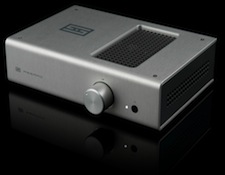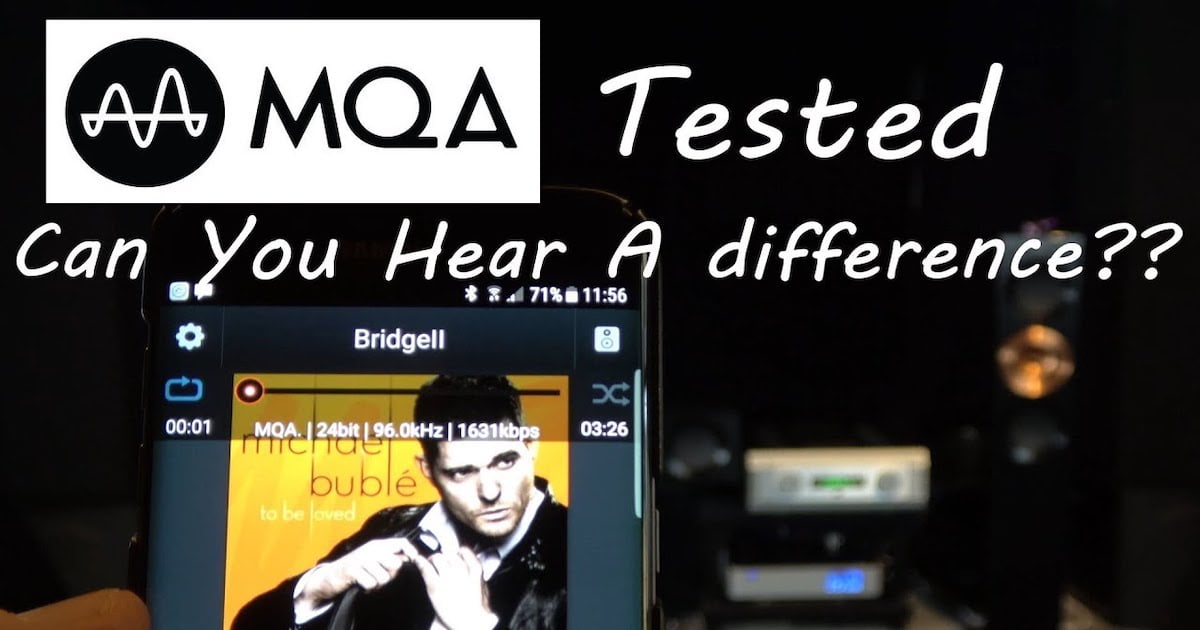It’s the time of year for saving money!

Yesterday I was reading through a back issue of Stereophile
from the late 90’s. I was re-reading a review of the then just-reissued Marantz
Seven preamp and Marantz Nine power amplifier when I noticed the full-page ad
for a Proceed Digital Surround Decoder that proclaimed, “Future-proof
technology.”
With the advantages of 20-20 hindsight I can say for certain
that this ad, like so many others I see, turned out to be a bold-faced lie.
Digital audio technology has continued to advance at a pace that has made even
the idea that a component can, or even should, be “future-proof” laughable. And
Proceed? They’ve proceeded to the ranks of defunct audio firms. Future-proof
indeed…
Now I can hear the analog audiophiles in the audience thinking,
“But my system IS future-proof – I can play any record ever made…” Obviously,
they have a point. But I dare anyone who owns a truly analog-only system to
play a CD. Without a CD player, transport, and/or DAC that’s kinda hard. So
opting out of the technology race doesn’t inoculate you against the future, it
merely isolates you from it.
To be brutally honest, your chances of finding any component
that can protect you from future system obsolesence is difficult, if not
impossible. Some manufacturers, such as Schiit Audio make DACs with removable, replaceable circuit boards to allow for the future,
but they are in a minority. Most manufacturers just come out with a new model
when new technology emerges. HDMI 1.3, here comes HDMI 1.4…in a new processor,
of course…
So what can an audiophile do? My advice, which I have posted
before, is to avoid spending big bucks on the components that have the fastest
innovation curve. So, while I see no reason to limit expenditures on speakers,
analog preamps and power amps, turntables, cartridges, cables, and accessories,
I do feel that DACs, digital interfaces and AV/Pre-pros, should be purchased as
if they are short-term expendable product, because in the grand scheme of the
technological advancement curve, they are.





